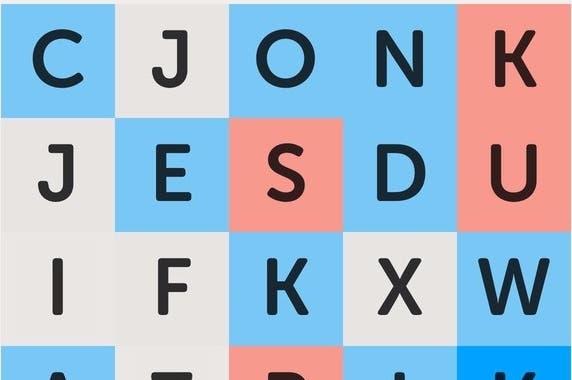Games and the delights of accidental creativity
Look what you just did.
On the surface, games often seem to have a difficult relationship with creativity. For every Minecraft, which makes building stuff - often gorgeous, complex, deeply improbable stuff - seem well within the reach of even the least imaginative of players (i.e me), there's a game that breaks down the process of constructing something and gets thoroughly lost in the details. I loved Little Big Planet as a proposition, but I made very little of note with its different types of screws and hinges and brackets. It seemed, in a weird way, to be reinforcing how difficult it is for a person like me to make anything at all. Look at all these complex bits and pieces, it said. Aren't they beautiful, and aren't they a little out of your grasp?
For a while, this kind of creativity was the thing that almost every game had to have. Stuff like InFamous shipped with a means of making your own scenarios, while series like EverQuest got very excited about voxels. We called this stuff user-generated content, or UGC. You could see a little of the problem right there, to be honest: right there with the U in UGC. How many people, picking up a new game for the first time, approach things by picturing themselves as a user?
UGC is still with us, of course, but I'm starting to notice other things that remind me that video games have always been uniquely creative things. The moment you pick up the pad in something like Journey and run through the sand leaving a track behind you in the dune, you are making something. The moment you shatter your first block in Super Mario Bros and chuck a Koopa shell at your first Goomba, you are transforming the map, changing the state of the level itself.
Puzzle games have always been very good for reminding me of this. Tetris is about clearing a wall, but it's also about failure, which means that a big part of it is about building a wall. And as that wall goes up, it's very tempting to stare at the teetering disaster you have constructed, and try and read the landscape of blocks for some key to your downfall, or maybe even traces of some tragic, over-reaching flaw that makes all future downfalls a thing of certainty.
Letterpress on iOS was another game that was good for this. As you fight for control of the board in this spelling-and-territory-management brawler, you stain lettered tiles various shades of blue and red. At the end of the match, you have a winner, but between you both, you have also created a sort of abstract canvas. I used to screenshot Letterpress final states, and not because I was crowing over victories, because frankly there weren't that many victories on my side of the table. I took screenshots because the final states looked so beautiful, and because they had been made as the byproduct of something else, and also because I am boring.
There is something to this whole byproduct business. This stood out for me this week when people in the office started showing me a new feature in the new Zelda, in which it is revealed that the path you have taken across Hyrule - it is still Hyrule, right? - has been tracked by the game, every step of the way. Suddenly, your adventure is revealed as a sort of Jackson Pollock: the game has been paying attention to the things you've been doing, which is always a nice thought, and the things you've been doing have made a strange kind of art, which is an even nicer thought.
The game that really drove this home recently, however, is the surprisingly brilliant Friday the 13th that is currently wowing Steam by being far better than it has any reason to be. You know the deal: asymmetric combat with a bit of survival stuff thrown in, as a bunch of players cast as unhappy campers struggle to stay ahead of another player cast as Jason.
Man, this thing is a treat. I played it for hours last week, barricading doors, hiding in closets, deciding at which point to leg it out a window as Jason approached. And then, inevitably, I would get killed: Jason would advance towards me and punch my head off, or strangle me, or skewer me to a tree. Fine. I was out.
Except I wasn't out. I was left cycling through player viewpoints watching the remaining campers racing to stay ahead of Jason themselves. And as I would watch, this guy hiding under bed linen, this one cowering down by the docks, this one trying to put gas in a car as quietly as possible, I realised I was sort of watching a Friday the 13th film - a believable entry in the series, with the right pace, the right look, the right preoccupations. I'd never really thought about this before: that when you play a multiplayer game, you're sort of making a movie at the same time. A movie that nobody's planned or directed, and that maybe, particularly in the days before Twitch, nobody will get to really see. But it exists for a few minutes regardless, and then the game ends and it is gone for good.



